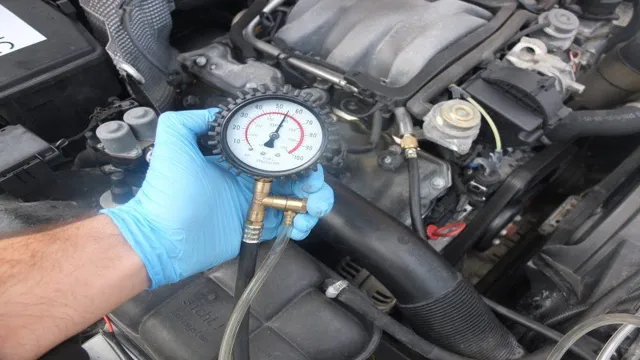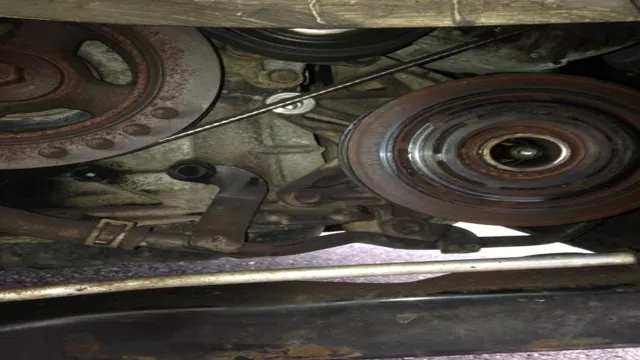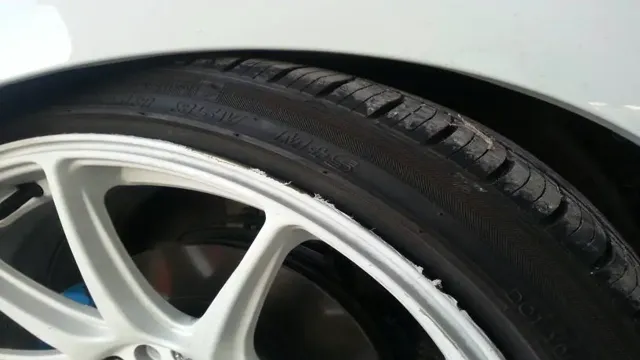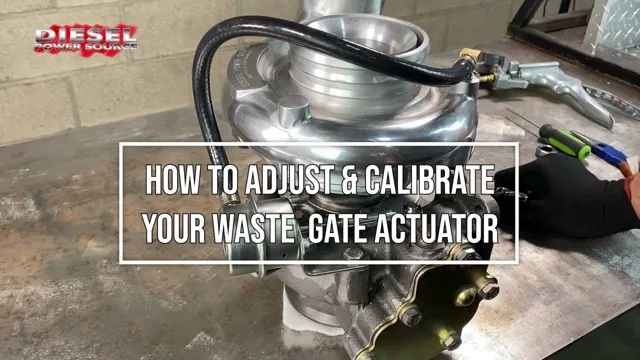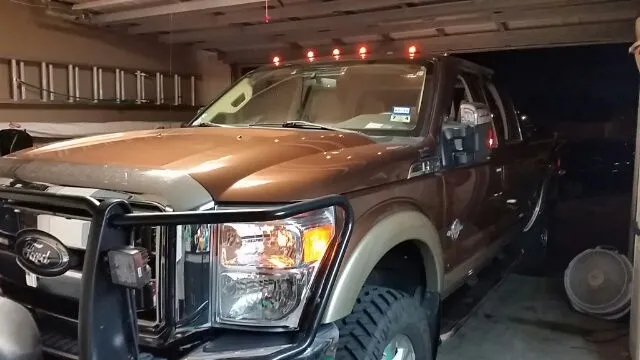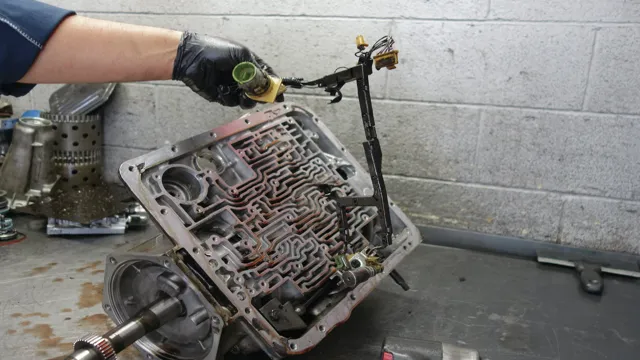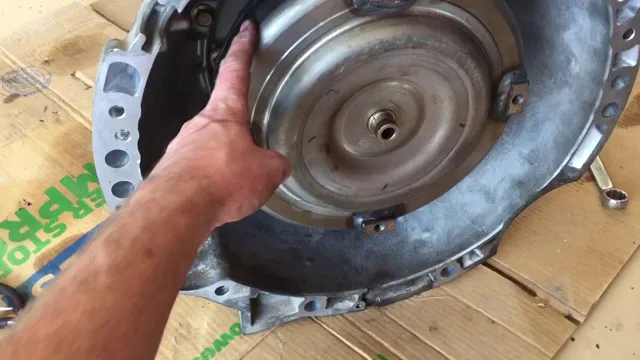Fuel Injector Leak Detection: A Comprehensive Guide to Keeping Your Engine Running Smoothly
When it comes to your car’s fuel system, the fuel injector plays a crucial role in maintaining the engine’s performance. Over time, a fuel injector may develop leaks that can cause various engine problems, from stalling to rough idling. So, how do you check for fuel injector leaks? Well, the good news is that it’s not that difficult, and with a few basic tools, you can perform the task yourself without having to take your car to a mechanic.
In this blog post, we’ll provide you with a step-by-step guide on how to check for fuel injector leaks, so you can keep your car running smoothly and efficiently. So, sit back, relax, and let’s dive right into it.
Introduction
If you’re experiencing performance issues with your vehicle, a potential cause could be a fuel injector leak. Fuel injectors are responsible for delivering the right amount of fuel for combustion in the engine. A leaky fuel injector can cause uneven combustion, leading to lower fuel efficiency and decreased engine power.
To check for a fuel injector leak, you can inspect the fuel system for any visible signs of damage or leaking fuel. Additionally, you can use a fuel pressure gauge to measure the pressure of the fuel system and ensure it is operating at the correct level. If you suspect a fuel injector leak, it’s important to have a qualified mechanic diagnose the issue to determine the best course of action to repair and prevent further damage.
Keeping your fuel system in good condition can help ensure optimal performance and fuel efficiency for your vehicle.
Why Checking Fuel Injector Leaks is Important
Fuel Injector Leaks Introduction: Fuel injector leaks can be a real headache for car owners. If you’re not careful, they can cause serious engine problems that might end up costing you a lot of money to fix. Fuel injectors are an essential part of your car’s engine; they work by spraying fuel into the combustion chamber to help power your vehicle.
However, when they start to leak, things can get complicated. Leaking fuel injectors can cause your engine to run too rich, which can lead to increased fuel consumption, reduced power, and contamination of engine oil. Therefore, it’s important to understand why checking fuel injector leaks is crucial and how it can affect your car’s overall performance.
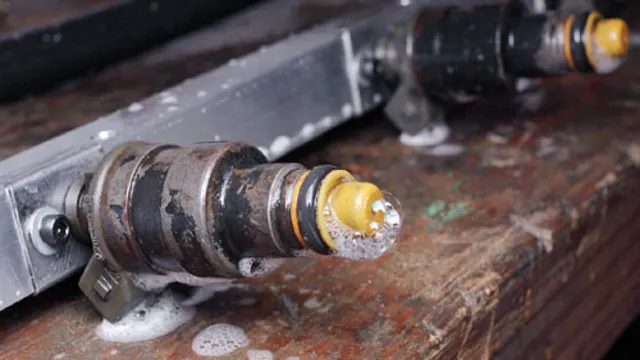
Symptoms of Leaking Fuel Injectors
If you’re wondering how to check fuel injectors for leaks, one of the most important things to know is the symptoms of a leaking fuel injector. The first sign is often a drop in fuel efficiency, which means you’ll need to fill up your tank more frequently. You may also see a check engine light come on, and you may notice that your car isn’t performing as well as it used to.
Additionally, you might find that your car emits a strong fuel odor, which can be an indication of a leak. It’s important to address leaking fuel injectors as soon as possible, as they can damage your engine and cause additional problems if left unchecked. Thankfully, there are several ways to test for leaks, including using a fuel pressure gauge or checking the fuel injectors visually.
Poor Fuel Economy
If you’ve noticed that your vehicle’s fuel economy has taken a turn for the worse, your fuel injectors may be to blame. Leaking fuel injectors can cause a number of symptoms, including poor fuel economy, as well as rough idling, engine misfires, and even emissions issues. When you have a leaking fuel injector, the engine receives too much fuel, which can result in excessive carbon build-up.
This build-up can clog injectors, causing them to leak fuel. If your vehicle’s fuel economy has dropped and you’re experiencing any of these other symptoms, it’s important to have your injectors checked by a professional mechanic. Ignoring the problem can lead to more serious issues down the road.
By addressing the issue early, you can keep your vehicle running smoothly and enjoy better fuel economy once again.
Engine Misfires
Engine misfires can be caused by a variety of issues, one of which is leaking fuel injectors. Some symptoms of this could include a rough idle, loss of power, and an overall decreased performance of the engine. This issue occurs when the fuel injectors fail to properly distribute fuel into the engine, causing an imbalance in the combustion process and leading to misfires.
It’s important to address this problem quickly, as it can result in damage to the engine over time. Regular maintenance and replacing of faulty fuel injectors can help prevent this issue from occurring. Trust in a qualified mechanic to diagnose and repair any engine misfires, including those caused by leaking fuel injectors.
By taking care of your engine, you’ll ensure it operates at its best and avoid costly repairs down the road.
Fuel Smell
If you’re noticing a strong fuel smell coming from your car, it could be a sign of leaking fuel injectors. Leaking fuel injectors can cause a variety of symptoms in your vehicle, including decreased fuel efficiency, rough idling, and even engine misfires. This is because fuel injectors work by pumping fuel under high pressure into the engine, and if they are leaking, this fuel can escape and cause issues within the engine.
Additionally, leaking fuel injectors can also be dangerous, as they can create a fire risk. If you’re noticing a fuel smell in your vehicle, it’s important to have it inspected by a professional mechanic to determine the cause and prevent any further damage or safety risks. Don’t ignore the symptoms of leaking fuel injectors – it’s better to be safe than sorry!
How to Check Fuel Injectors for Leaks
If you suspect that your vehicle has fuel injector leaks, it’s important to diagnose and fix the problem as soon as possible. Checking for fuel injector leaks involves a few simple steps, starting with inspecting the injectors for any visible signs of damage or leakage. You can also use a fuel pressure gauge to check for leaks by monitoring the fuel pressure in the vehicle’s fuel system.
Another useful method is to perform a fuel injector balance test to determine if the injectors are delivering fuel evenly. If one or more injectors are performing poorly, it could be a sign of a leak. By regularly checking your fuel injectors for leaks, you can ensure that your vehicle is running smoothly and avoid costly repairs down the line.
So, don’t overlook the importance of taking care of your vehicle’s fuel injectors to keep it in the best possible condition.
Visual Inspection
When it comes to checking fuel injectors for leaks, the first step is visual inspection. This involves examining the injectors for any visible signs of leaks, such as puddles of fuel or stains on the injector body. You’ll also want to check the injector connections and fuel lines for any cracks or breaks that could be causing fuel to leak.
It’s important to note that fuel leaks can be dangerous, not to mention costly, so it’s important to take this step seriously. A good tip is to use a flashlight or inspection mirror to get a better view of the injectors and their connections. If you do spot a leak, it’s best to address it immediately to prevent further damage.
With a little bit of caution and a careful eye, you can keep your fuel injectors running smoothly and avoid any unnecessary hassles.
Using a Fuel Pressure Gauge
Checking fuel injectors for leaks is an essential part of maintaining your car and ensuring it runs smoothly. One way to accomplish this task is by using a fuel pressure gauge. This tool measures the pressure in your engine’s fuel system, allowing you to get a sense of how well your injectors are functioning.
To begin the process, first, attach the gauge to the fuel rail and turn on the ignition. This will create pressure in the fuel system, and the gauge should read somewhere between 30 to 70 psi. If it falls significantly below this range, it could indicate a leak, which is often caused by a damaged or worn injector.
In some cases, leaks may be visible and lead to fuel pooling around the injectors. However, this isn’t always the case, and using a fuel pressure gauge is an excellent way to confirm whether there are any issues with your injectors. By conducting this essential maintenance task, you’ll be taking a proactive approach to keeping your car running smoothly and avoiding costly repairs down the line.
Using a Noid Light
If you suspect that fuel injectors are causing problems in your car’s engine, using a noid light can help you confirm it. This simple tool is designed to test the injector’s circuitry, making it possible to detect fuel leaks and other issues. To use a noid light, start by locating the injector’s electrical connector, which is usually located near the fuel rail.
Once you’ve found it, plug in the noid light and start the engine. If the light is flashing, it’s a sign that the injector is working properly. If not, you may need to replace the injector or check the wiring.
Remember, regular maintenance can help prevent injector-related problems and keep your car running smoothly.
Conclusion
In conclusion, checking fuel injectors for leaks can be done in a few simple steps. Just like how a chef inspects each ingredient before making a delicious dish, checking your fuel injectors can prevent your engine from underperforming and leaving a bad taste in your mouth (and wallet). Remember, a well-maintained engine is like a well-cooked meal – it’s a recipe for success!”
FAQs
What are the common signs of fuel injector leaks?
Some common signs of fuel injector leaks include rough idling, decreased fuel efficiency, and a noticeable decrease in engine performance.
How can I visually inspect my fuel injectors for leaks?
You can visually inspect your fuel injectors by looking for any fuel stains or drips near the base of the injectors, as well as any signs of corrosion or damage.
Can a fuel pressure test help determine if my injectors are leaking?
Yes, a fuel pressure test can help determine if your injectors are leaking by monitoring the pressure of the fuel system and identifying any drops or fluctuations.
How often should I check my fuel injectors for leaks?
It’s recommended to check your fuel injectors for leaks at least once a year, although if you’re experiencing any performance issues with your vehicle, it’s best to have them inspected sooner.

